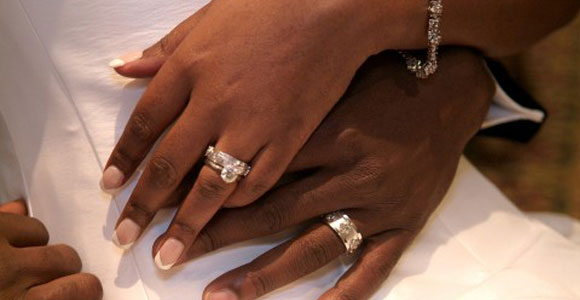
Family Abuse and Rescue
But Jehosheba, the daughter of King Jehoram and sister of Ahaziah, took Joash son of Ahaziah and stole him away from among the royal princes, who were about to be murdered.
2 Kings 11:2
Until a few years ago, I was only marginally aware of this emotionally powerful story about Joash. It is, after all, stuck in the middle of the long section of 1 and 2 Kings that many of us sometimes, um, skim.
At any rate, we read here about King Ahaziah’s mother, Athaliah, who had begun killing off the royal family so that she could rule as queen. Jehosheba, Ahaziah’s sister, saw what was going on and rescued Ahaziah’s young son Joash, hiding him and his nurse at the temple. Joash remained there for six years, finally emerging when it was time for him to be crowned as king.
What first gripped me about this story was Athaliah, a wicked matriarch of fairy-tale proportions. Can’t you just see her as the Wicked Witch of the West? Once I tore myself away from that specter, I noticed how complicated her family was. On the one hand, this group of relatives was truly dysfunctional (they were, after all, related to the infamous family of King Ahab and Queen Jezebel). They were so dysfunctional that a grandmother began killing off her own grandchildren—her own descendants!—so she could grab the throne. Athaliah makes my overbearing grandmother look like a wimp.
On the other hand, the family wasn’t all bad. Joash’s aunt, Jehosheba, intervened to rescue the little boy and hide him till he was old enough to be king. That’s a powerful illustration of how families that contain violent and destructive kooks and abusers can also contain courageous and self-sacrificing heroes.
I can relate to the story of Joash because my own aunts played such a huge role in my growing-up years. While never in danger of being killed, I sometimes felt like I didn’t fit in with my parents and sister. My aunts stepped into that gap to nurture me, to explain the weird Winner family mysteries to me, and to help me feel like I belonged. Now that I’m an adult, my aunts continue to be my cherished confidants.
My own aunts—not to mention Aunt Jehosheba—remind me what a blessing extended family can be. They help me understand how important it is not to get so focused on our nuclear families that we forget our wider kith and kin. For some of us, extended families may not be biological; they may be in-laws, neighbors, friends or church family.
I certainly hope my own little family is never as destructive and broken as Joash’s. But I would be fooling myself to think that my husband and I are perfect parents or that we can do the job of raising our children by ourselves. We need others to help us do that. By looking outside the walls of our own home to our relatives and church family, Griff and I will help ensure that our own bad tendencies are caught, checked and corrected by others who love us and ours.
Lauren Winner
Let’s Talk
- Thinking about each other’s families, which people are the dysfunctional or difficult ones? Who are the heroes? How do all of these people influence our marriage?
- Are we as a couple open to intervention, love, even rebuke from friends or extended family? If we have children how do we encourage relationships between them and other adults in our family whom we love and trust?
- Have we ever acted as someone else’s Jehosheba, stepping in to help the child of a friend or relative? What have we learned from this experience?
Replies